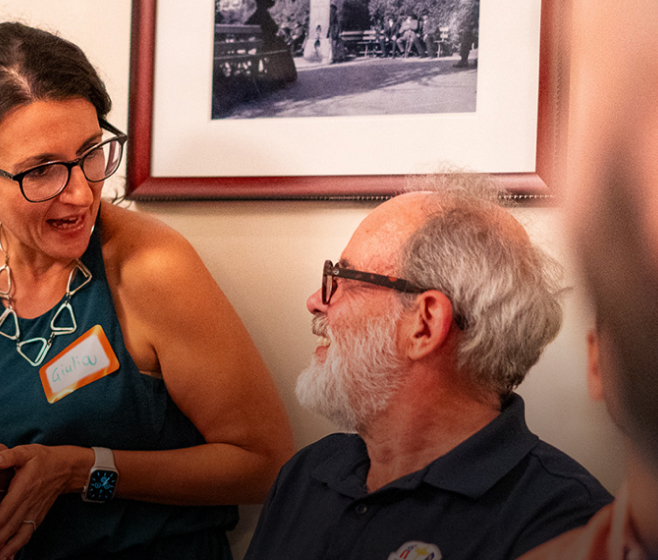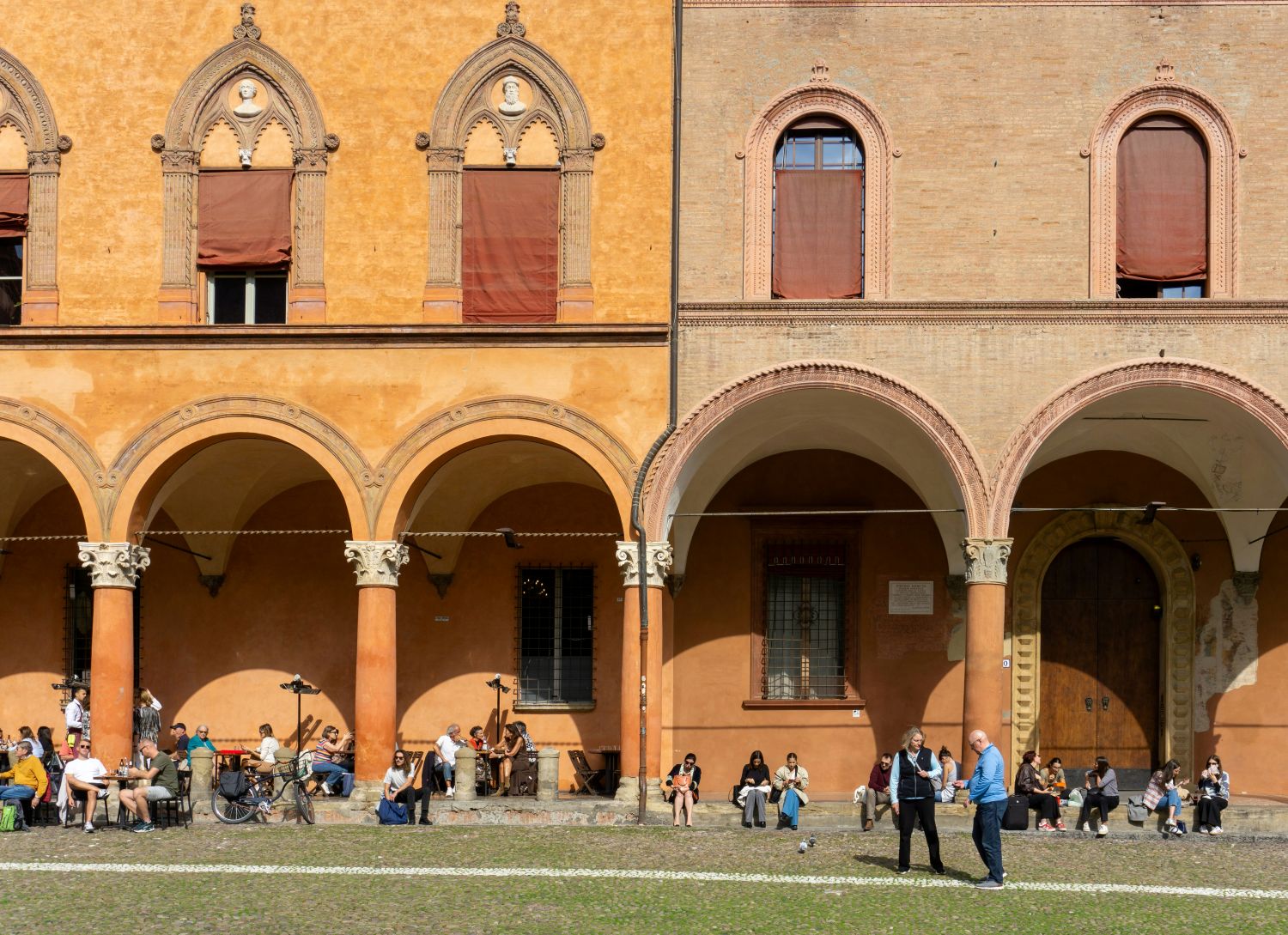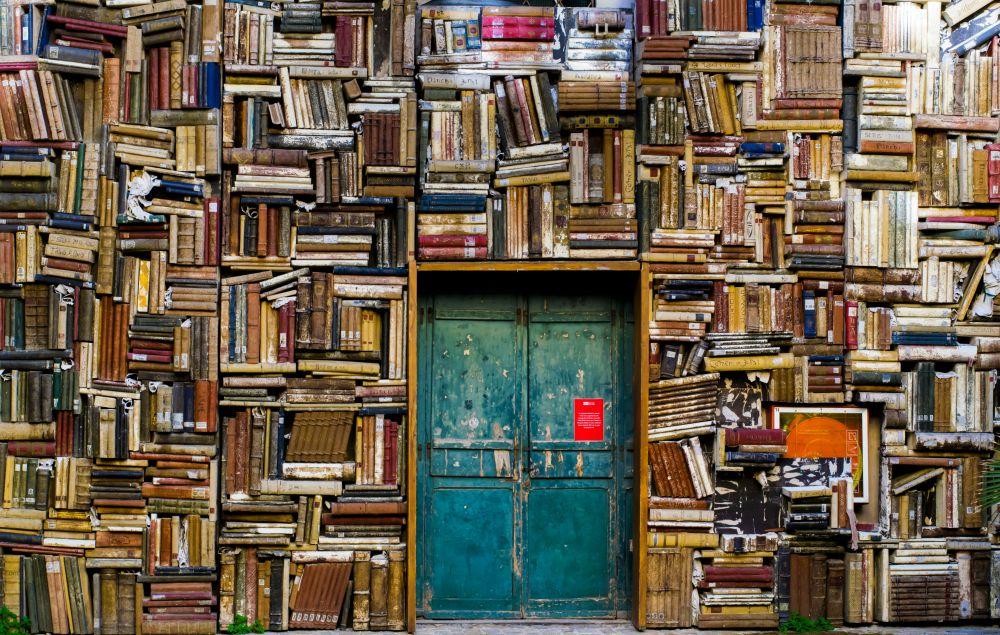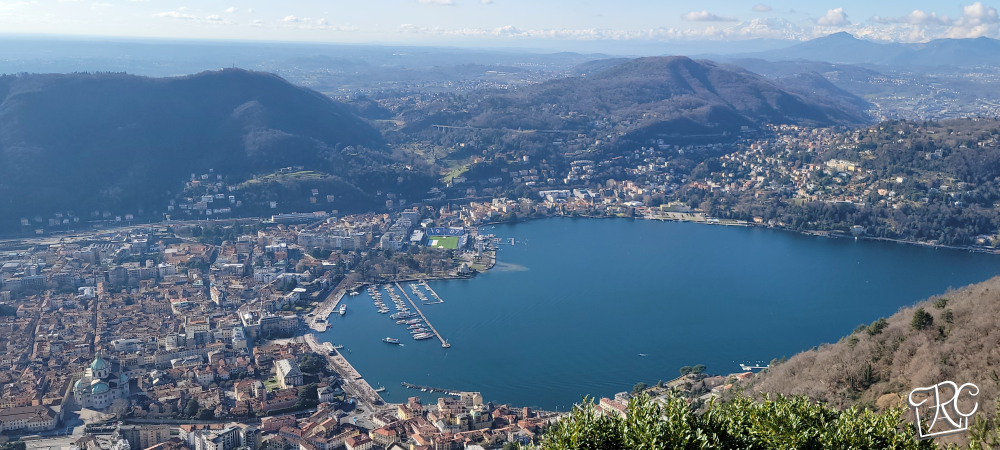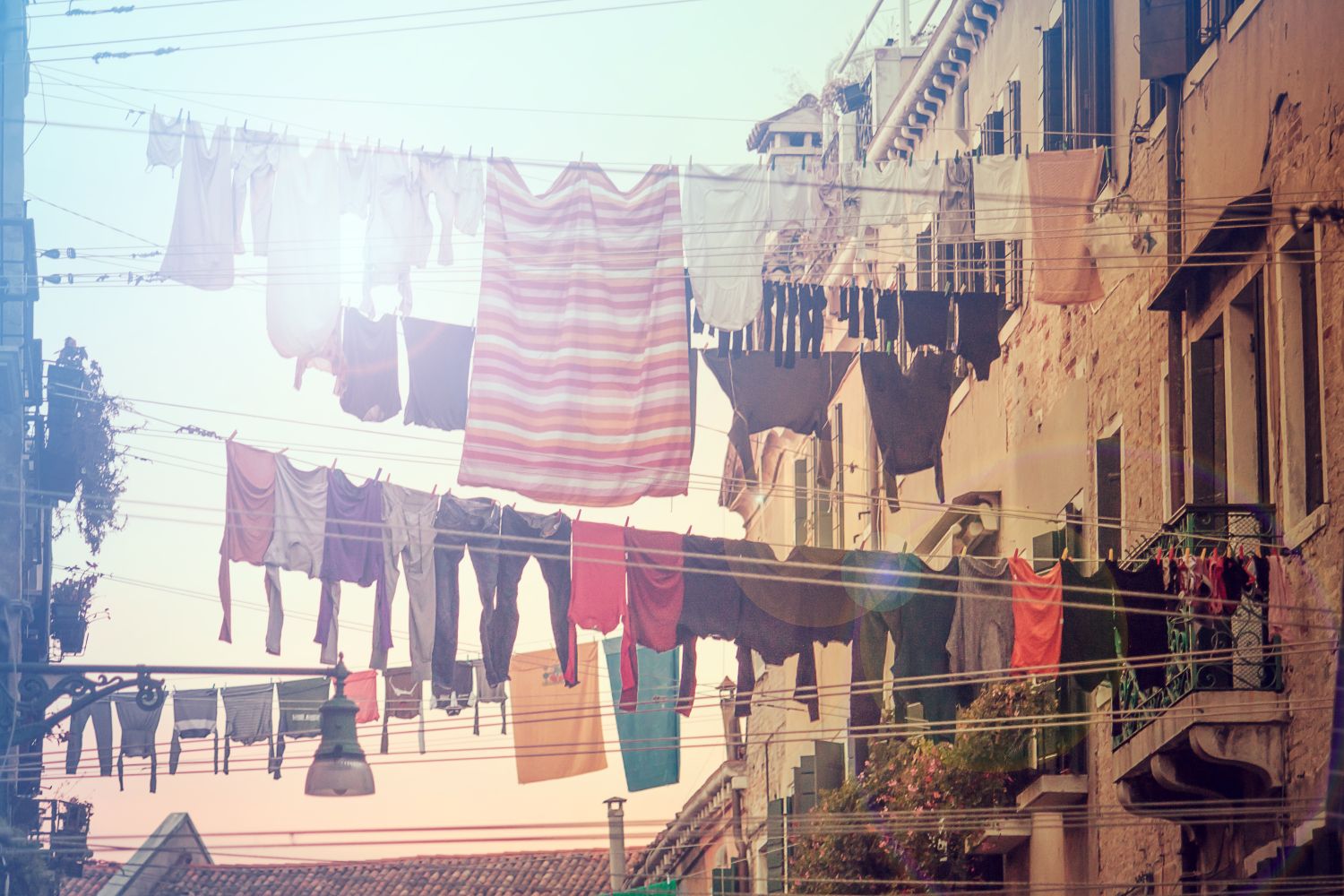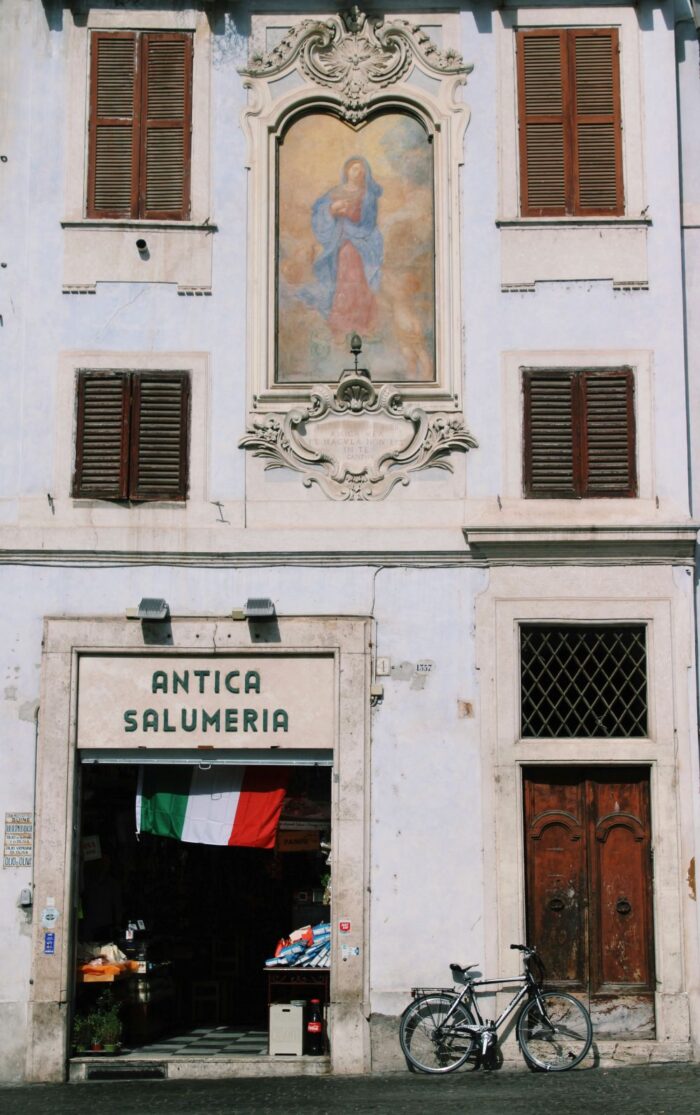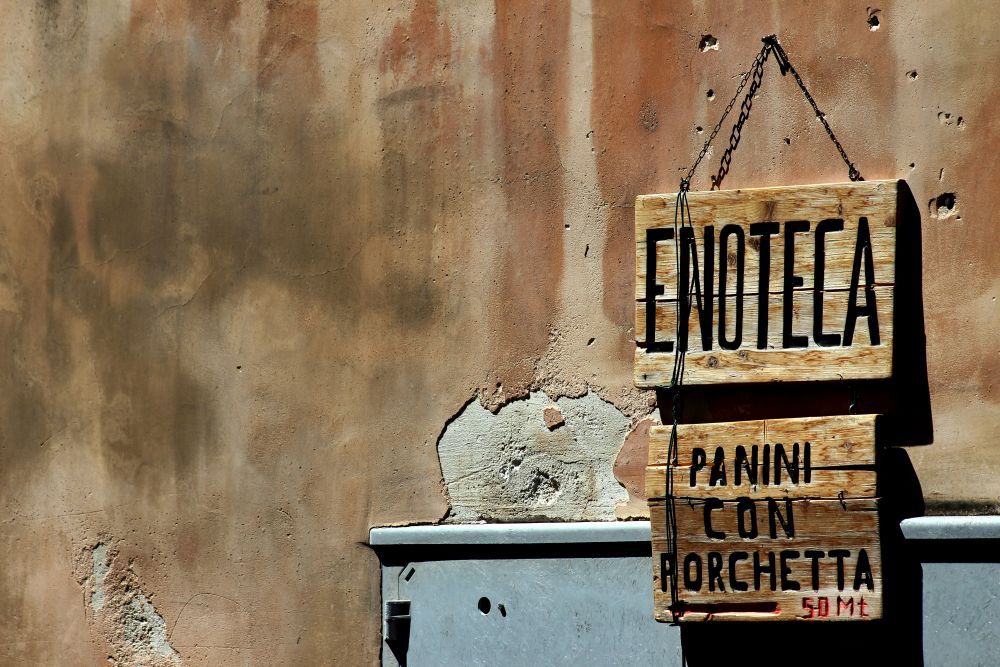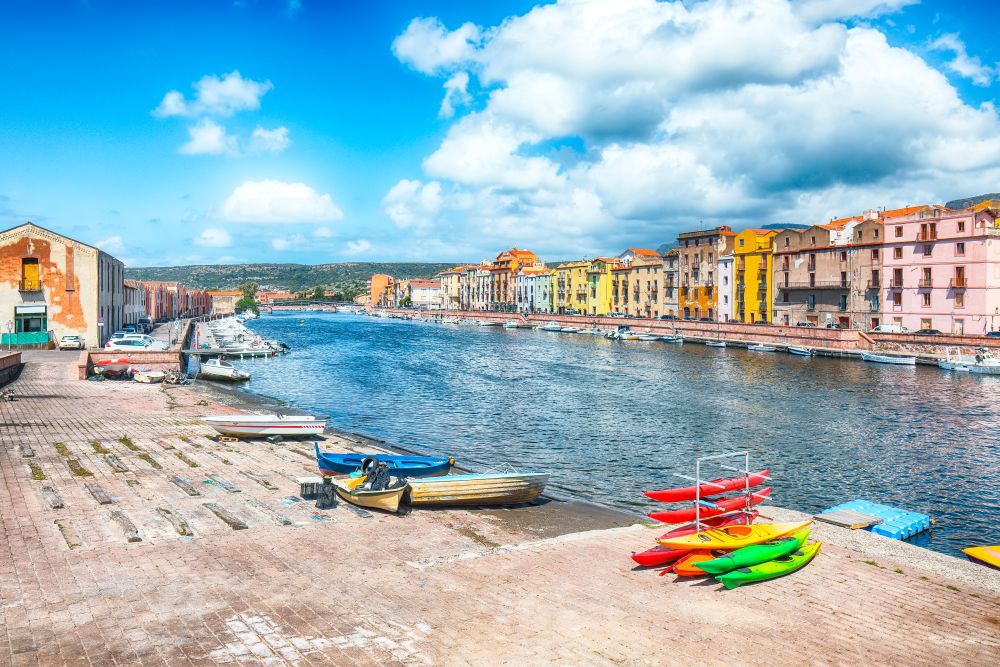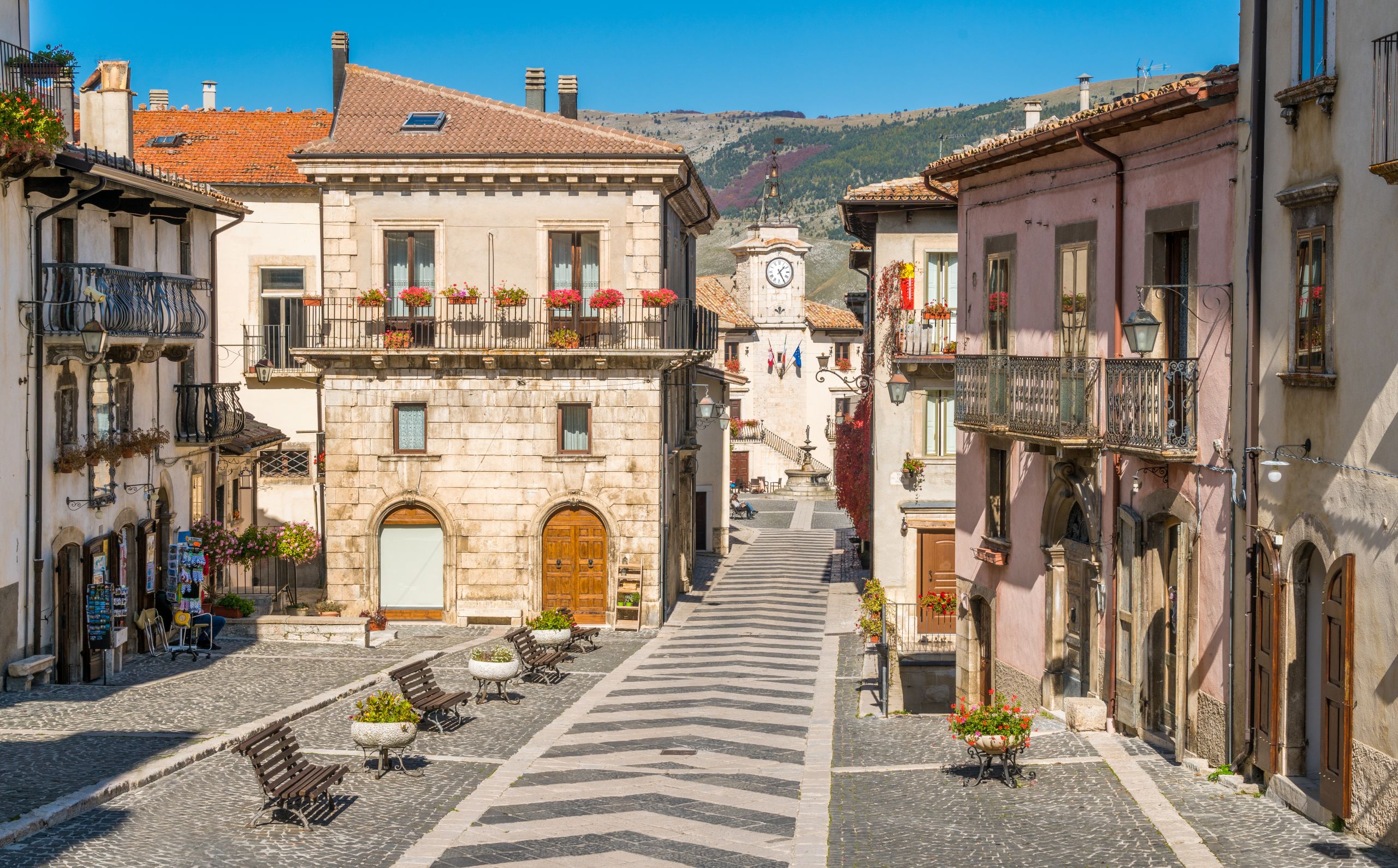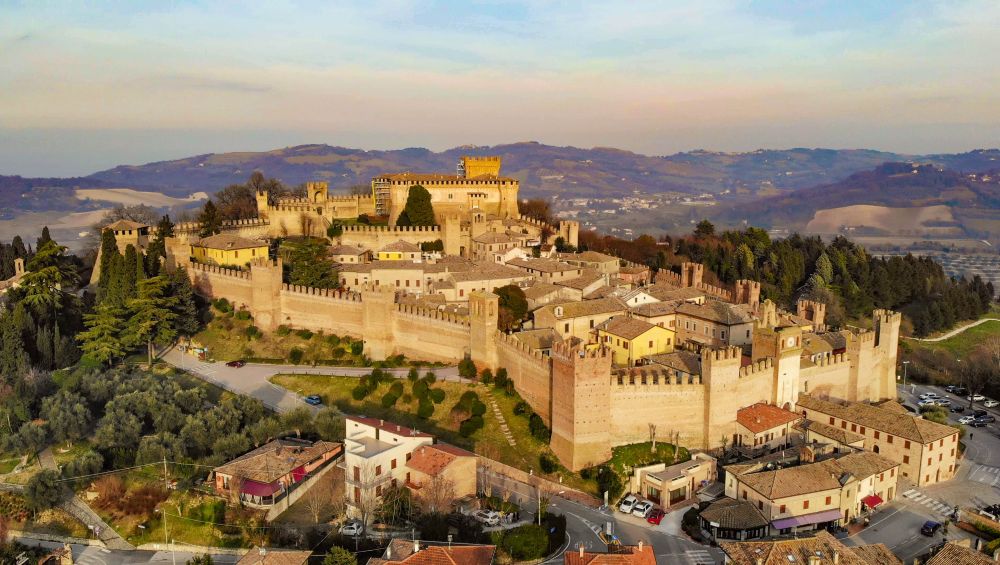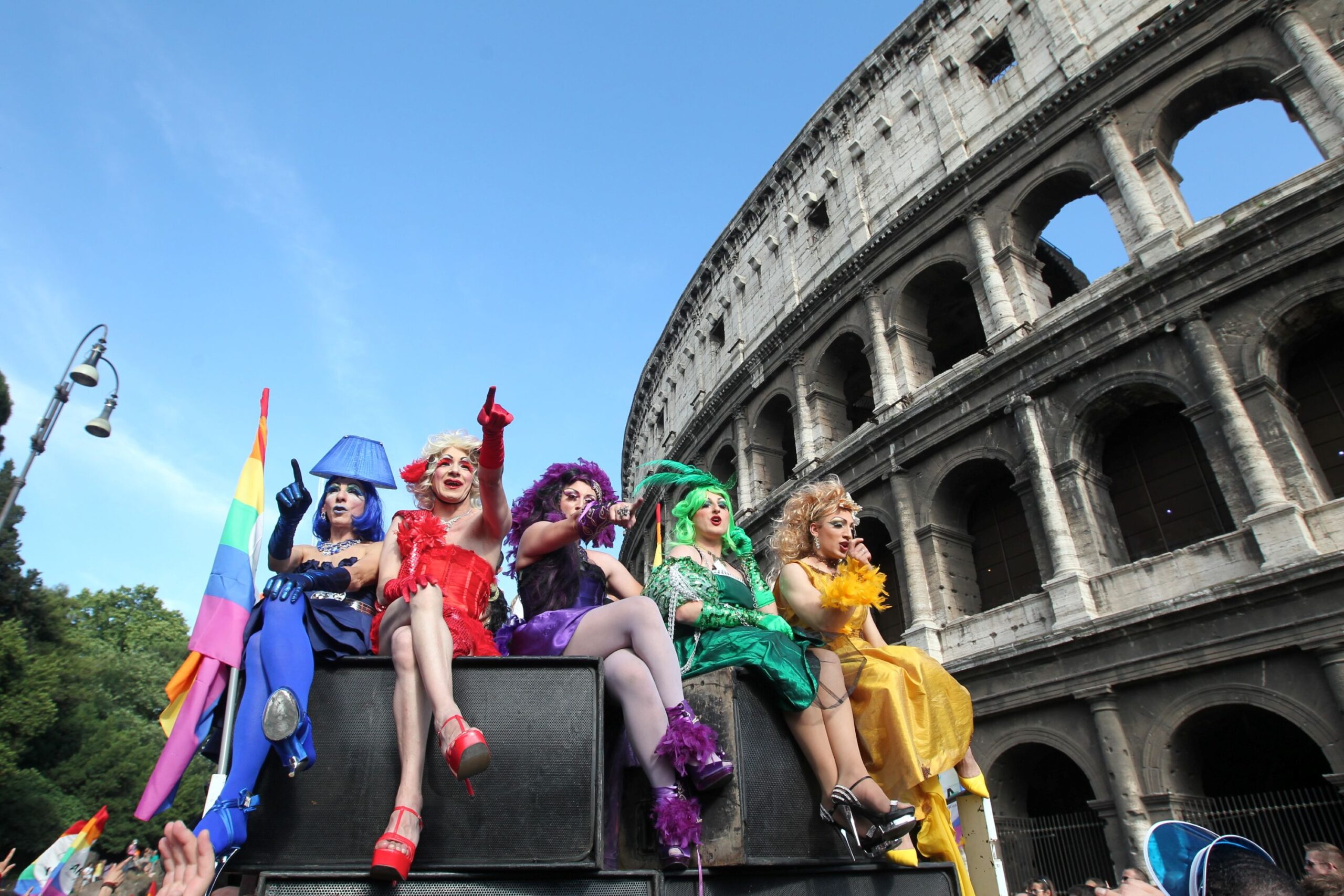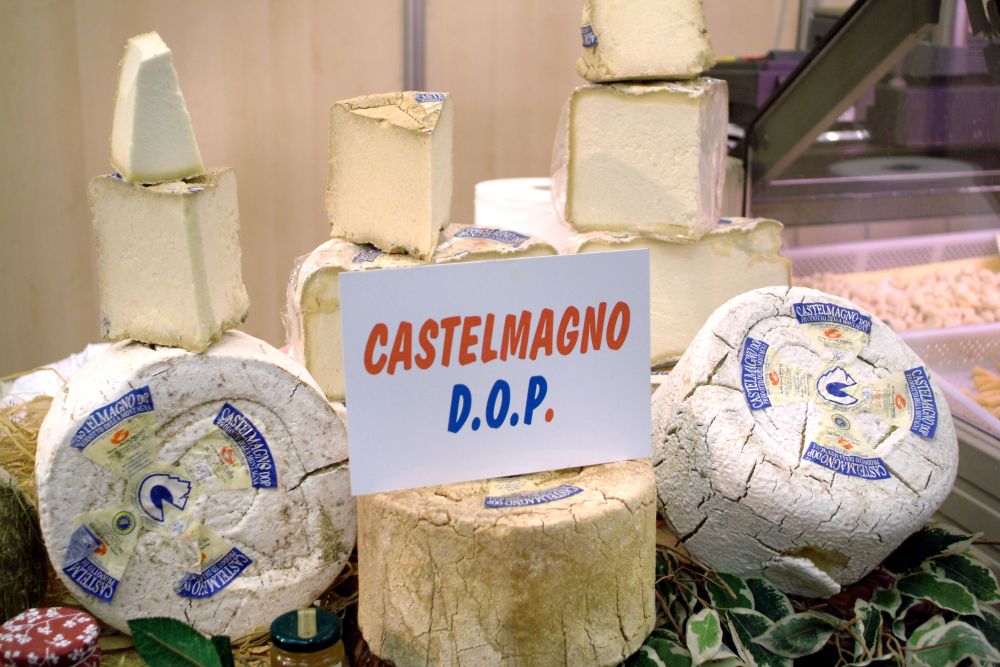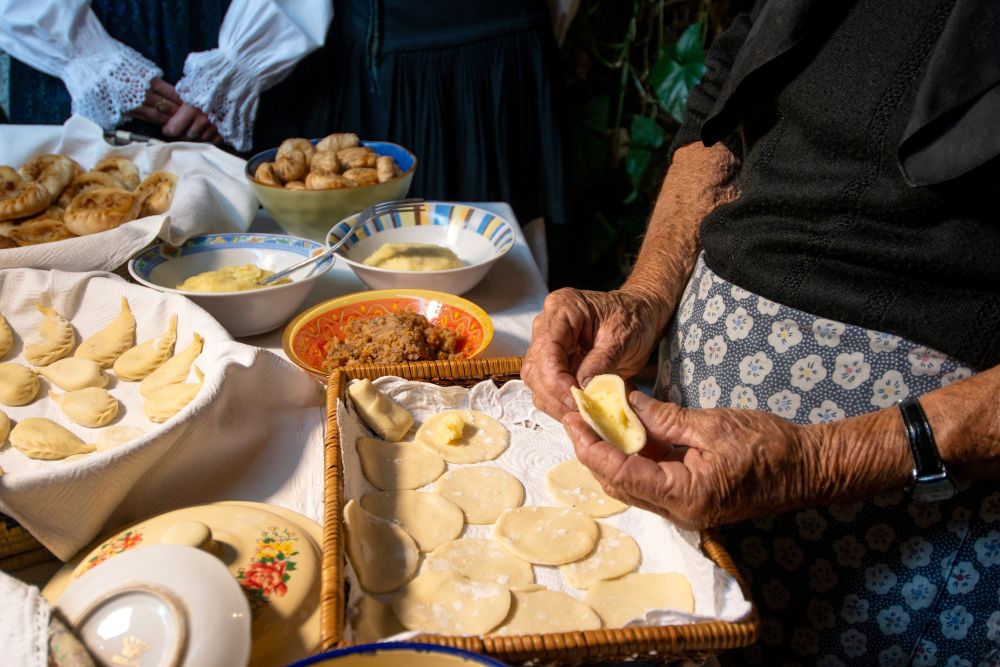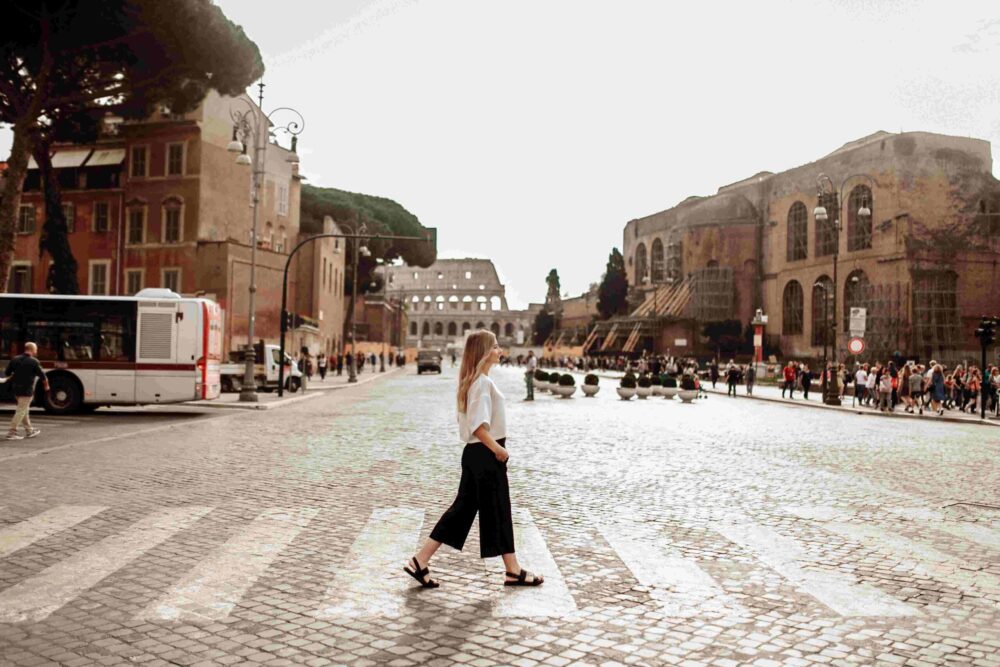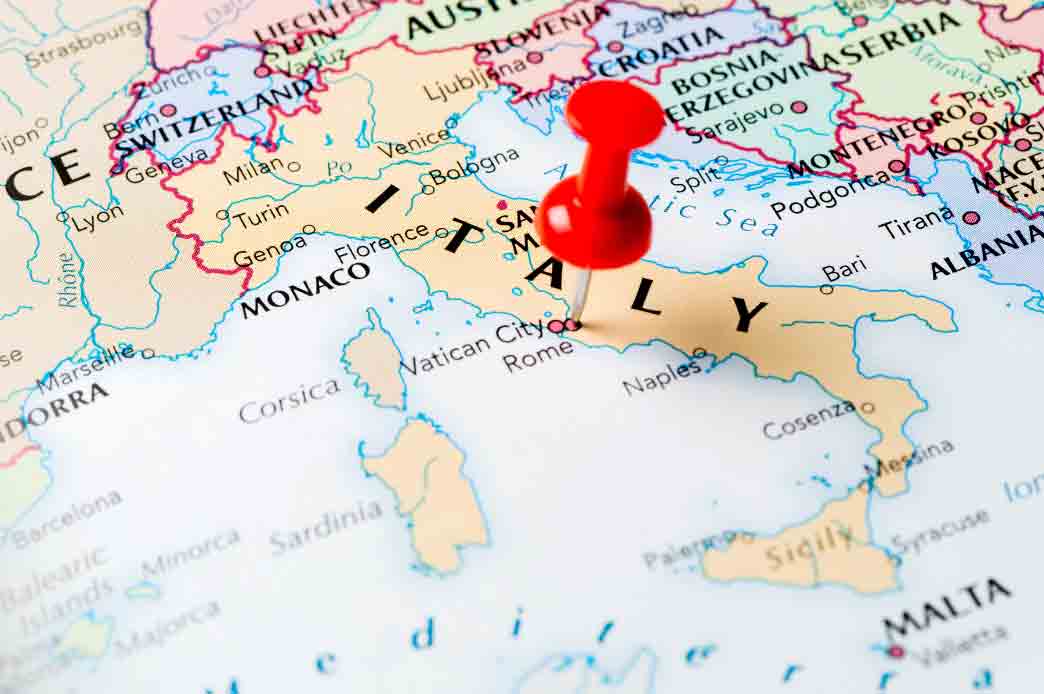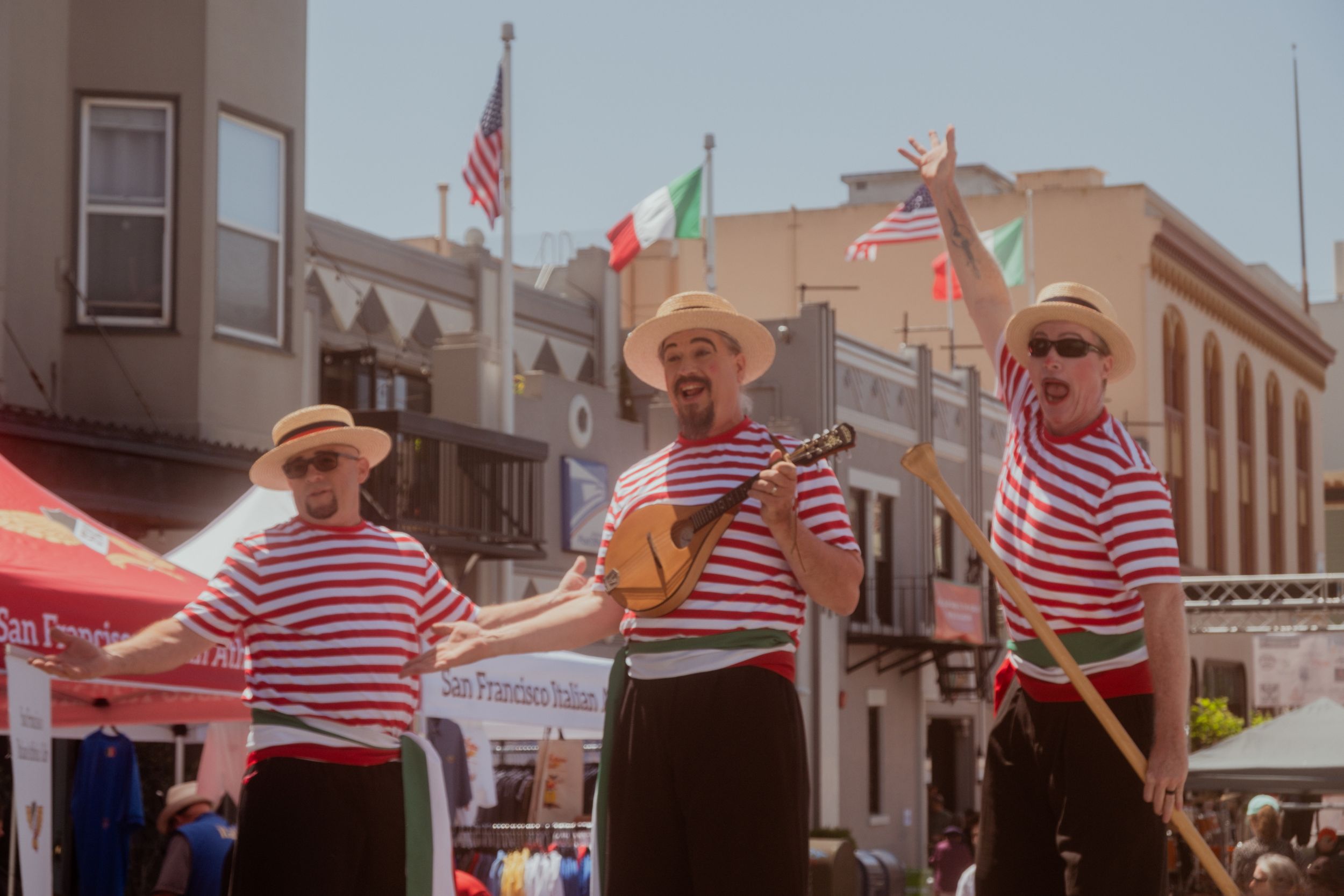
Laughing in Italian: why Italian humor is different (and what it tells about culture)
Every culture laughs—but not always at the same things. In Italy, humor is a language of its own, full of irony, gestures, and playful contradictions. For Italians, making someone laugh isn’t just entertainment—it’s a way of creating connection, softening life’s challenges, and showing intelligence.
At Istituto Italiano Scuola, we believe that to truly understand a language, you need to understand its humor. That’s why we’re exploring the fascinating world of Italian comic traditions—and why laughter is the perfect key to Italian culture.
Italian humor vs. American humor
- Irony vs. Sarcasm
- In the U.S., comedy often leans toward sarcasm and punchlines—clear jokes with a setup and payoff.
- Italians, on the other hand, thrive on ironia: a playful, layered kind of humor where meaning is often the opposite of the words spoken. Think of a Roman saying “Che bella giornata!” on a rainy afternoon.
- Comedy of everyday life
- American humor frequently relies on exaggeration, absurdity, or stand-up monologues.
- Italian comedy is often rooted in ordinary situations—family dinners, bureaucracy, the chaos of daily life. The laugh comes from recognition: we’ve all been there.
- Language play
- English humor often builds on timing and delivery.
- Italian humor loves wordplay, double meanings, and dialects. Even a single word—like boh—can make an audience laugh, depending on tone and gesture.
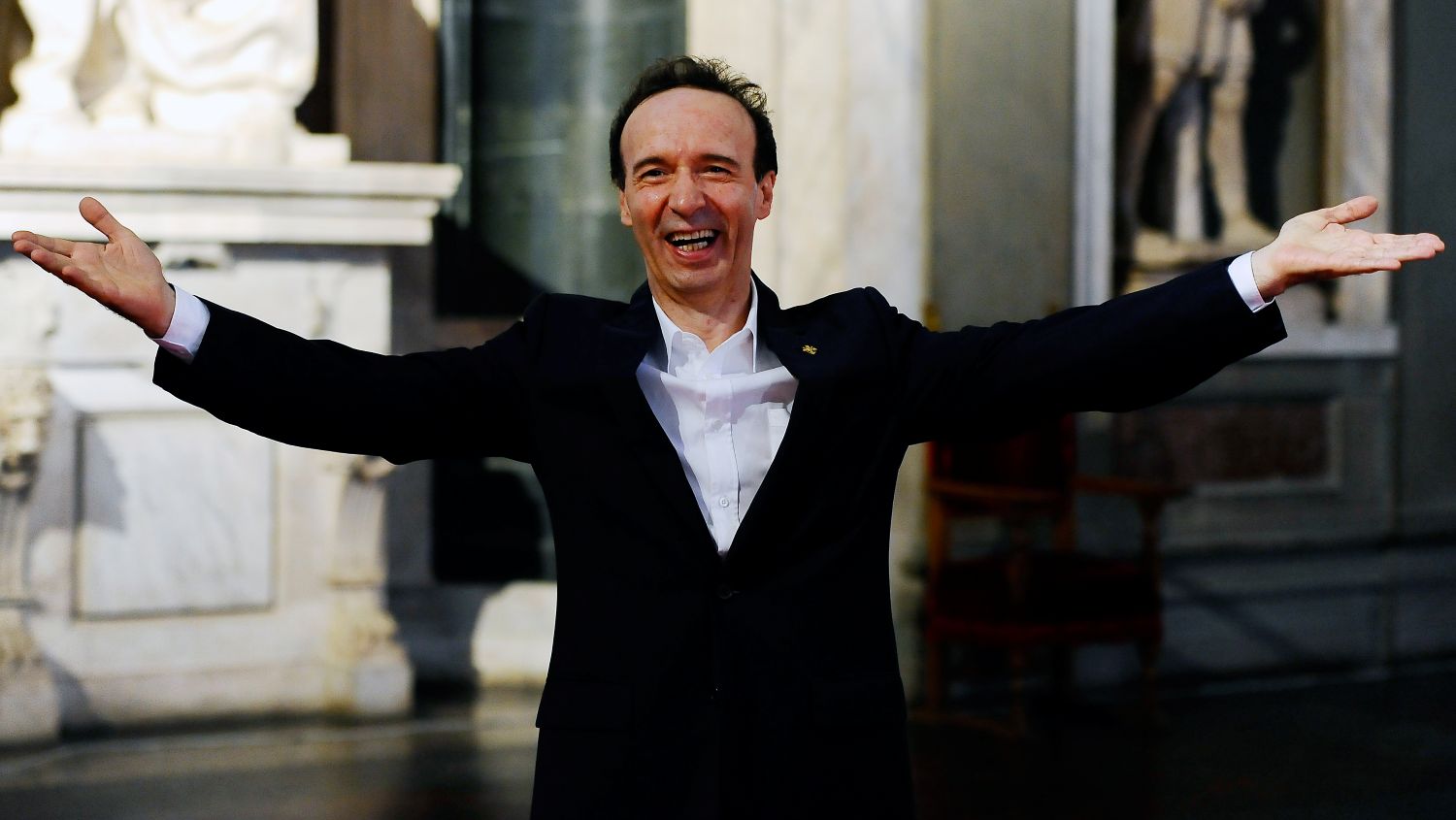
Icons of Italian comedy
- Totò (1898–1967) – The “Prince of Laughter,” master of physical comedy and verbal play, beloved across generations.
- Commedia all’italiana (1950s–70s) – Films that mixed laughter with social critique, starring actors like Alberto Sordi, Vittorio Gassman, and Monica Vitti.
- Roberto Benigni – Oscar-winning actor and comedian whose humor combines joy, political satire, and poetry.
- Modern Comedy – From Checco Zalone’s social satires to TV variety shows, contemporary Italian humor continues to reflect politics, family, and cultural contradictions.
What Italians laugh at
- The Family – Jokes about mammoni (mama’s boys) or endless family dinners.
- Bureaucracy – Long lines at the post office, endless forms, absurd rules.
- Gestures and Exaggeration – Italians laugh not only at words, but at how they’re said—with raised eyebrows, dramatic pauses, and hands flying in the air.
- Self-Mockery – Italians often make fun of themselves or their own region. A Milanese might joke about being too serious; a Neapolitan about being too dramatic.
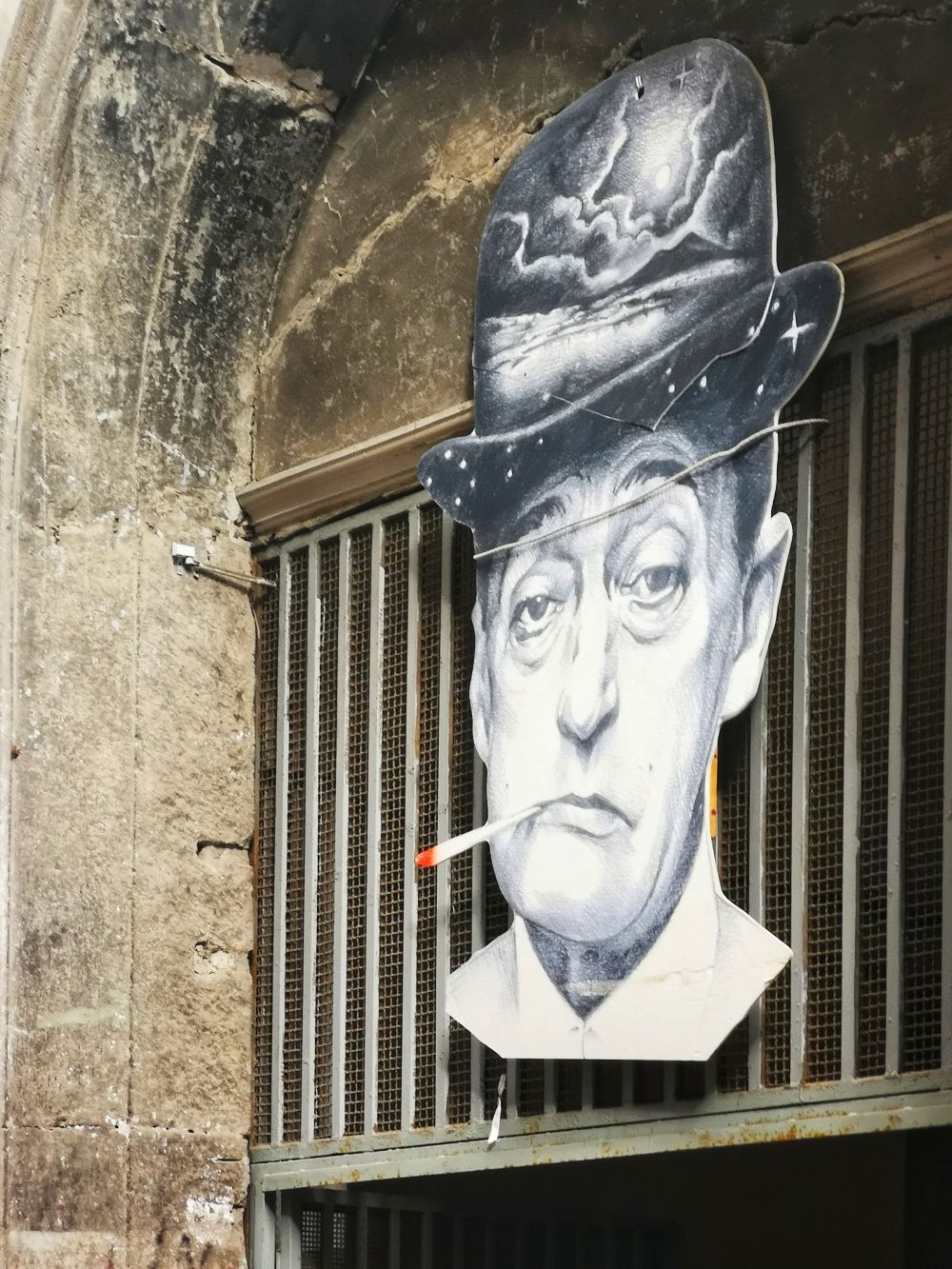
Learning Italian through humor
Understanding Italian humor isn’t just fun—it’s a powerful tool for learning the language:
- Idioms and wordplay: Phrases like “piove, governo ladro!” (It’s raining, blame the government!) carry humor and history.
- Cultural insight: Jokes show what a society values—and what it loves to complain about.
- Confidence in conversation: Sharing a laugh is one of the quickest ways to connect with Italians.
Learn (and laugh) with IIS
At Istituto Italiano Scuola, we don’t just teach grammar—we teach how Italians live, speak, and yes, laugh. This Fall, we’re introducing a special workshop on Italian comedy—exploring jokes, irony, cinema, and humor as a way to understand culture and sharpen your Italian.
Ready to explore the Italian humor? Join us in our upcoming workshop with teacher Francesca!
Because learning a language isn’t just about speaking—it’s about laughing, too.
laughter shared with good friends.”
